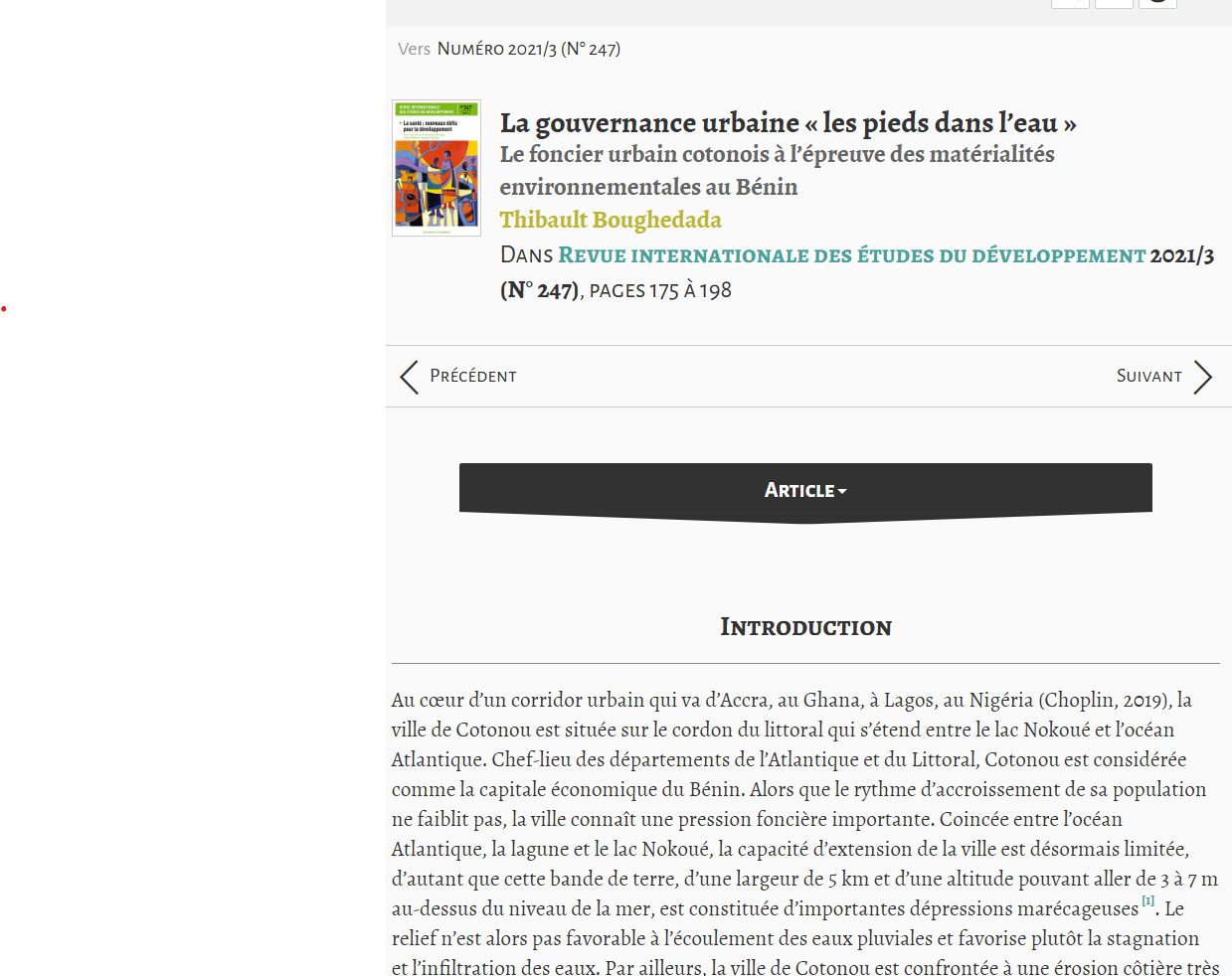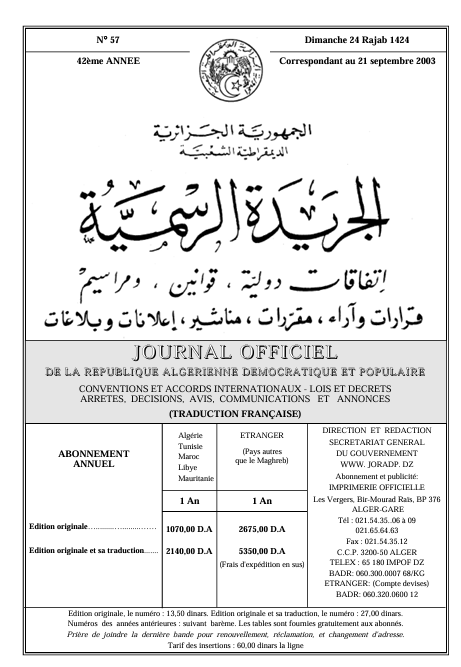Towards A New Complex Science Of Cities
With most of the world population living in cities, there is an increasing complexity that is accompanying this process. In addition to the growing number of agents interfering in the planning process and in cities evolution, it is important to note that until today urban policy fails to understand its dynamics. Complexity sciences offers an open system methodology to approach urban systems.




